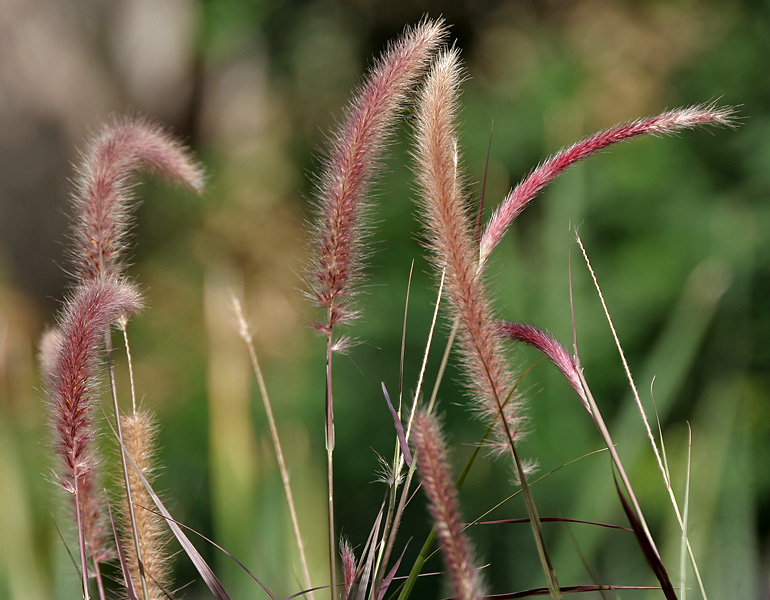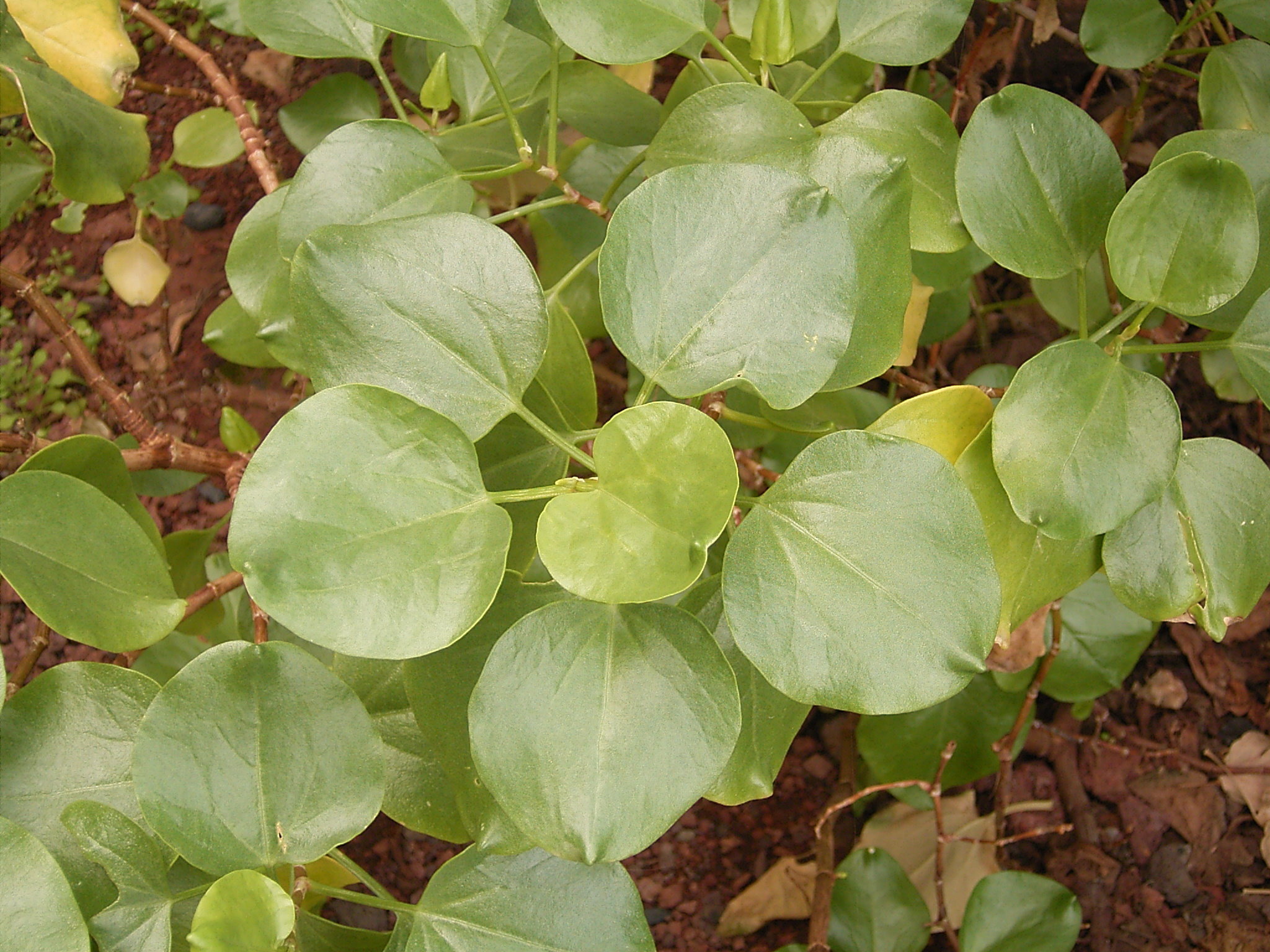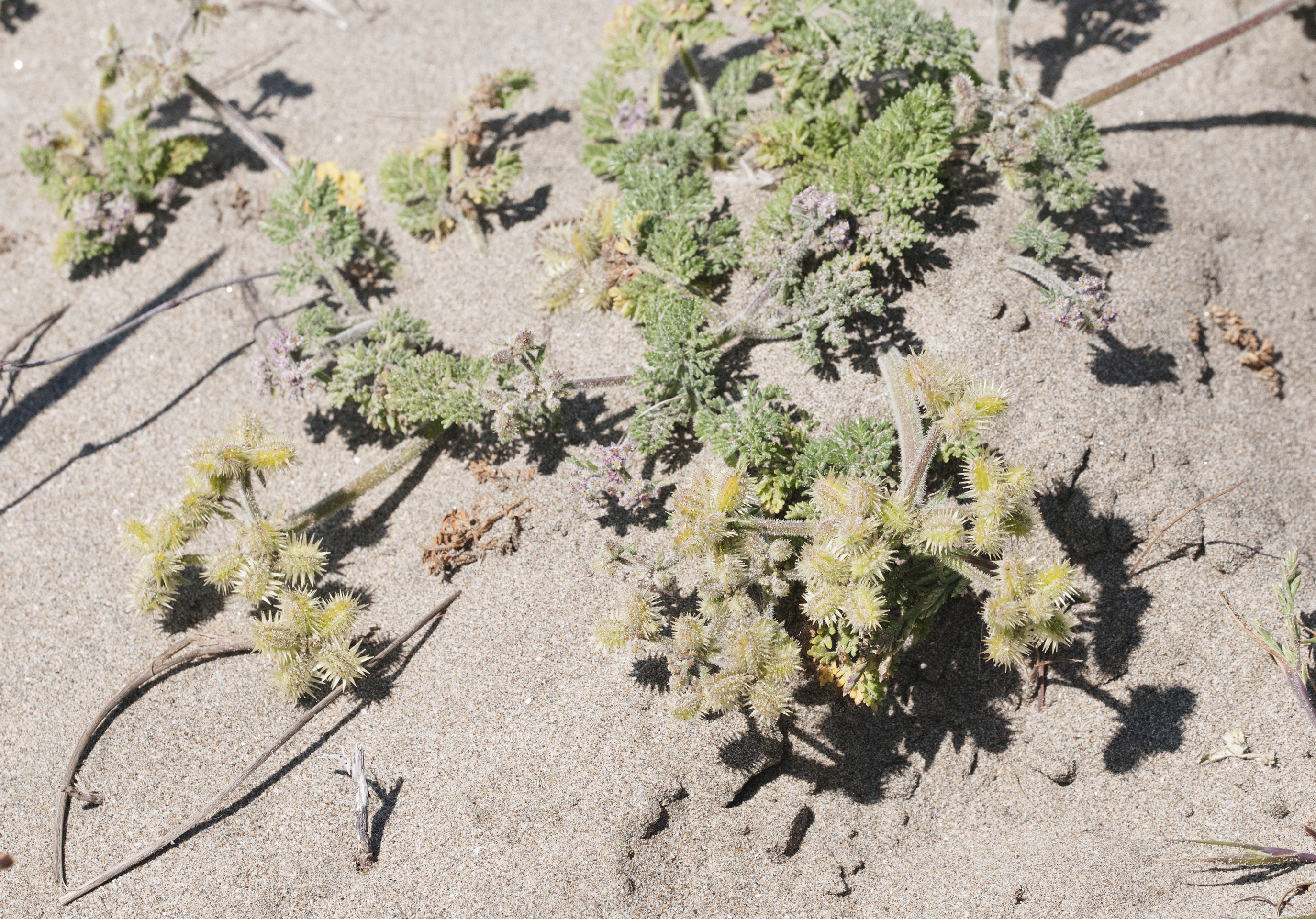The Canary archipelago is the most biodiverse place in Spain, as it contains more than half of the country's endemic species. Its insularity, its proximity to the African continent, its climate and its volcanic nature are what give this territory its natural uniqueness.
However, these favourable conditions for its native species are also favourable for those that arrive from outside and mean that the Canary Islands are currently facing the silent but persistent threat of invasive species.

What is an invasive species and why are they dangerous?
Usually, species living together in a territory form stable relationships and create an ecosystem in equilibrium. Predators, herbivores, plants, fungi, soil, water, space... everything is connected in a network of interdependent relationships. For example, if there are foxes, rabbits adapt to be faster, or if there are goats, plants evolve strategically to survive by browsing.
If, unexpectedly, an outside species arrives in the ecosystem, it disrupts the ecological processes that sustain it. It may be that this species is more capable than the native species because it comes from an environment where there is more competition. Or it may be a new predator against which the species in the ecosystem have not developed defensive strategies.
But invasive species not only threaten the natural environment, they also threaten humans. Many of them carry pests and diseases and are considered weeds because they damage crops. They can also cause allergies, be toxic to livestock or even damage infrastructure. They therefore affect economic development, food security and human health.

Why are the Canaries particularly vulnerable?
Islands have particularly vulnerable ecosystems. Populations of endemic species are often small and lack defence mechanisms. For example, introduced goats endanger endemic plants that have not developed strategies against browsing, but this does not affect introduced goats.
At the same time, the islands do not have large predators, so new animals such as rats, rabbits or some snakes can form pests in a short time and wipe out all the endemic plants. The disappearance of these species from the archipelago would mean their extinction from the entire planet.
The case of Lanzarote
Within the Canary Islands, Lanzarote is no exception. With a unique landscape and a strong relevance of the tourist sector, invasive species represent a serious threat to environmental conservation and its economy.
For this reason, various studies have been carried out to take appropriate action. In 2017, a total of 59 species of invasive flora were counted in Lanzarote. Among the most dangerous are:
-Rabogato: it arrived from northeast Africa and is very resistant to drought and high temperatures. It spreads mainly along busy roadsides.
-The vinegar plant: is endemic to the westernmost islands and was introduced to the north of Lanzarote as a fodder plant because, when mixed with straw, it makes the animals give better milk.
-Pseudorlaya pumila: It is believed to have been introduced unintentionally by windsurfers or Moroccan immigrants arriving on the coast in small boats. It has a high dispersal capacity and was detected by chance in 2010.

Revegetation
In recent years, the Department of Environment of the Cabildo of Lanzarote and other entities have been fighting for the control and eradication of invasive species. In 2019, the service for the management and elimination of invasive species in Lanzarote was recovered.
On the summits of Famara, Lanzarote's main biodiversity hotspot and home to more than 400 endemic species, a novel habitat revegetation project is being carried out. Experimental plots have been established in which different methodologies are being tested to restore arid habitats with native plants.
It is a project with a high scientific and civic commitment. Its objectives include experimental trials on soil micro-organisms, nitrogen-fixing bacteria and the best methods to prevent soil erosion. It also seeks citizen participation, since the environmental emergency in which the island finds itself requires everyone's commitment.













